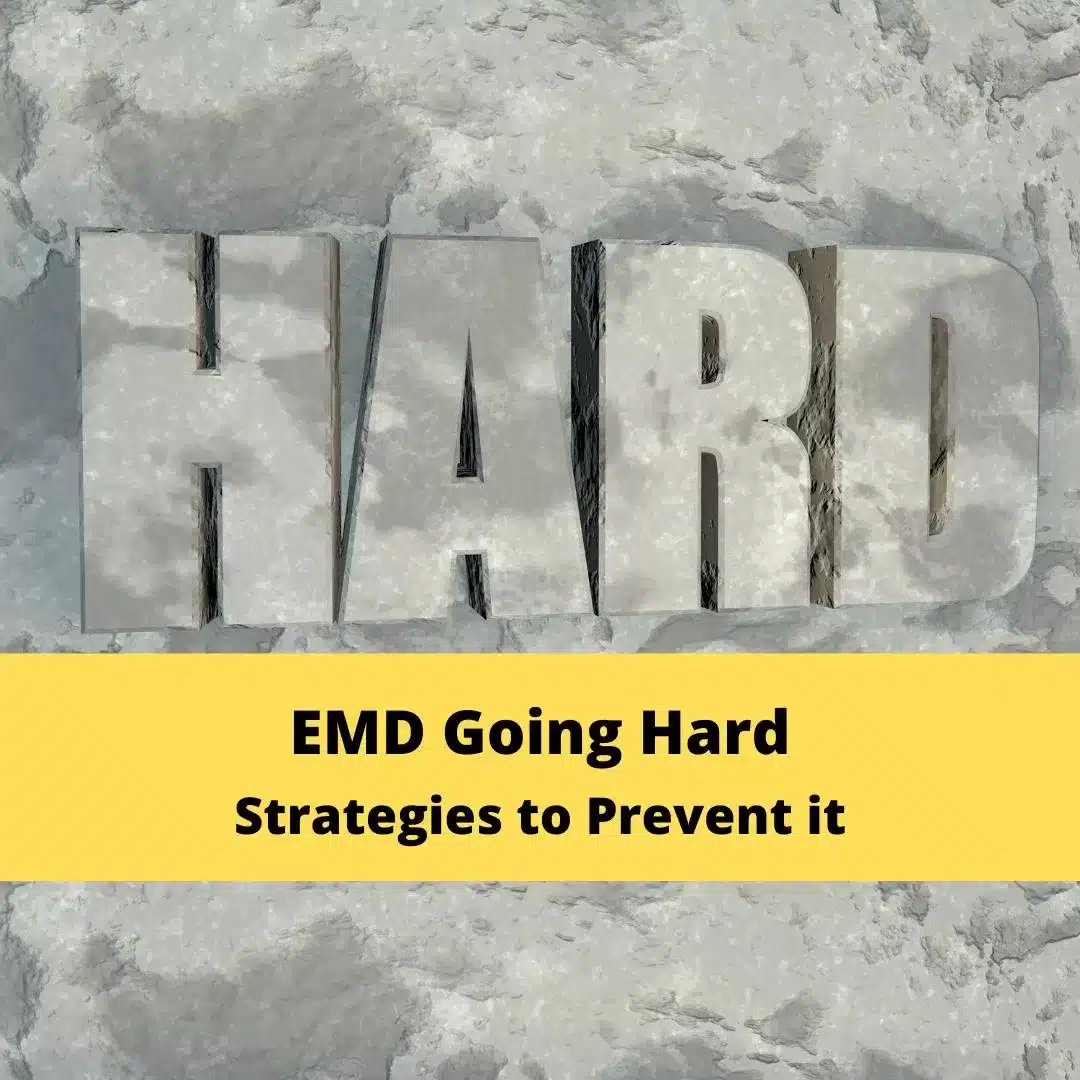
In the world of real estate transactions, earnest money deposits (EMD) play a crucial role. They show a buyer’s commitment to a purchase agreement. An EMD is a sum of money provided by the buyer to demonstrate their seriousness about purchasing the property.
However, the risk for funding lenders arises when these EMD funds go hard, meaning they become non-refundable. This article will discuss strategies that transactional funding lenders can use to prevent EMD funds from going hard, protecting both lenders’ and buyers’ interests.
An EMD, typically 1-3% of the property’s purchase price, is held in an escrow account until the transaction is completed. If the sale goes through, the EMD is applied toward the buyer’s down payment and closing costs. However, if the deal falls through, the EMD can be forfeited depending on the contract’s terms. This becomes a critical issue when EMD funds go hard, locking the buyer into a situation where the funds are non-refundable.
To reduce the risk of EMD funds going hard, transactional funding lenders should consider the following strategies:
One effective way to prevent EMD funds from going hard is through a thorough pre-approval process. Conducting an in-depth review of the buyer’s financial situation, including credit score, debt-to-income ratio, and employment history, helps assess the buyer’s ability to secure financing. Pre-approval involves a detailed examination and verification of financial documents.
Contracts should include clear contingencies that protect the buyer’s EMD in specific situations, such as financing failures or unsatisfactory property inspections. Transactional Funding Lenders can advise buyers to ensure these contingencies are explicitly stated in the purchase agreement. This way, if the buyer cannot secure financing or the property has significant issues, the EMD remains refundable.
Educating Buyers
Lenders should educate buyers about the importance of contingencies and the risks associated with EMD funds going hard. This education can be delivered through informational sessions, written guides, or personalized consultations. By understanding the implications, buyers are more likely to insist on protective clauses in their contracts.
Maintaining open lines of communication with the buyer’s real estate agent is essential. Real estate agents play a critical role in negotiating terms and can ensure that the buyer’s interests are protected. Lenders can work closely with agents to ensure that the contract terms are fair and that all contingencies are adequately covered.
Lenders can also influence the timing of the EMD release. Advising buyers to delay the release of the EMD until all major contingencies are met can provide additional protection. For instance, the EMD should not go hard until the buyer’s financing is fully approved and the property inspection is completed.
Selecting a reputable escrow company is crucial. The escrow company acts as a neutral third party, holding the EMD until all conditions of the sale are satisfied. Lenders can recommend reliable escrow services that have a track record of managing funds appropriately and adhering to contract terms.
Encouraging buyers to seek legal advice before signing any purchase agreement can prevent future complications. A real estate attorney can review the contract to ensure that the terms are favorable and that the buyer’s EMD is protected under various circumstances. Legal expertise can also help in negotiating better terms that safeguard the buyer’s interests.
Staying informed about the current market conditions can help lenders provide better advice to their clients. In a volatile market, the risks associated with going hard on EMD funds increase. Lenders who are aware of these fluctuations can better guide their clients on when to proceed with caution.
Negotiating for extended contingency periods can provide buyers with more time to secure financing and conduct thorough inspections. This extra time can be critical in ensuring that all conditions are met before the EMD goes hard.
Finally, lenders can suggest customized EMD agreements tailored to the buyer’s specific situation. These agreements can include detailed clauses that specify the conditions under which the EMD will remain refundable. By tailoring these agreements, buyers and lenders can ensure greater protection against unforeseen circumstances.
Preventing EMD funds from going hard requires a proactive and multifaceted approach. Transactional Funding Lenders play a pivotal role in guiding buyers through the complexities of real estate transactions.
By implementing thorough pre-approval processes, ensuring clear contract contingencies, educating buyers, and maintaining open communication with real estate agents, lenders can significantly reduce the risk of EMD funds becoming non-refundable.
Additionally, leveraging legal consultation, monitoring market conditions, and negotiating for favorable terms further safeguard the interests of all parties involved
COPYRIGHT © 2024 EMD TRANSACTIONAL FUNDING
A SERVICE PROVIDED BY GATOR EQUITY LLC.